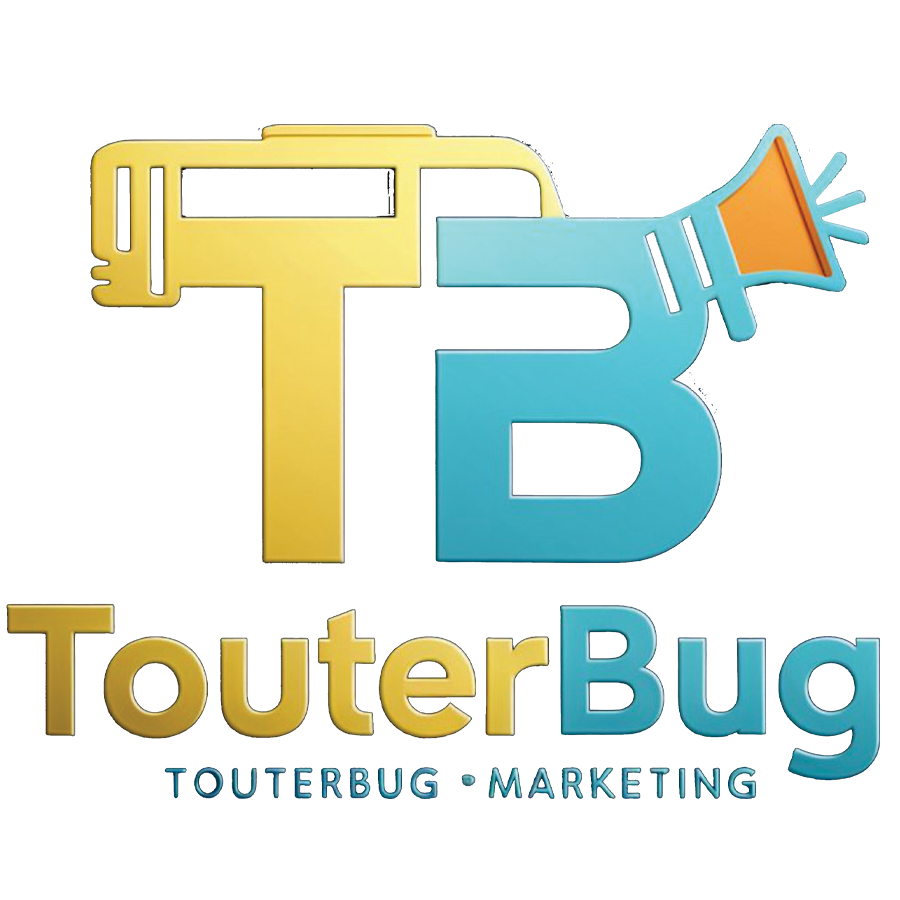Introduction
Artificial Intelligence (AI) has rapidly evolved from science fiction to a daily reality. In 2025, AI is not just about chatbots and robots—it is actively transforming industries, redefining job roles, and creating new career paths. While some fear job losses due to automation, others see it as an era of transformation and innovation. This blog explores how AI is changing the job landscape in 2025, what skills are now in demand, and how you can prepare yourself for the future of work.
1. AI and Job Automation: Myths vs. Reality
One of the biggest concerns people have is: “Will AI take away my job?” The truth is more balanced.
- Reality: AI is automating repetitive and low-skill tasks like data entry, basic customer service, and simple manufacturing steps.
- But: It is also creating jobs in data science, AI ethics, prompt engineering, cybersecurity, and more.
According to a 2025 report by the World Economic Forum, while 85 million jobs may be displaced by automation, 97 million new roles will emerge that are more adapted to the new division of labor between humans, machines, and algorithms.
2. Industries Most Affected by AI in 2025
Here’s a look at how different sectors are being transformed by AI:
a. Healthcare
- AI helps in early disease detection, radiology, personalized medicine, and even robotic surgery.
- Jobs like AI-assisted diagnostics, healthcare data analysts, and robotics engineers are booming.
b. Finance
- AI is used in fraud detection, algorithmic trading, and customer support (AI chatbots).
- New jobs: Fintech developers, risk modelers, and AI compliance officers.
c. Retail & E-commerce
- From personalized recommendations to warehouse automation, AI is everywhere.
- Job roles: AI product trainers, e-commerce data analysts, and AI marketing specialists.
d. Manufacturing
- Smart factories are using AI to predict equipment failure, optimize production, and maintain safety.
- Skilled technicians and engineers who can work with AI-powered tools are in demand.
e. Education
- AI tutors, learning analytics, and adaptive learning platforms are reshaping education.
- Teachers are becoming learning designers with AI as a teaching assistant.
3. New & Emerging Job Roles in the AI Era
In 2025, job titles are becoming more futuristic. Some trending AI-related roles include:
- AI Ethicist – Ensuring responsible and fair use of AI
- Prompt Engineer – Writing queries/prompts for AI tools like ChatGPT
- Machine Learning Engineer
- AI Product Manager
- Human-AI Interaction Designer
- Data Annotator/Labeler
These roles require a mix of technical, ethical, and communication skills—proving that AI jobs aren’t just for coders.
4. Top Skills You Need to Survive & Thrive
To adapt to the AI-powered world, you need to upskill in the following areas:
a. Technical Skills
- Python, R, Java (for AI/ML coding)
- Machine Learning, Deep Learning
- Data analysis & statistics
- Cloud computing (AWS, Azure, Google Cloud)
b. Soft Skills
- Critical Thinking
- Problem-Solving
- Emotional Intelligence
- Adaptability
c. Digital Literacy
Even non-tech roles require understanding AI tools like ChatGPT, Midjourney, Canva AI, etc.
5. The Human-AI Collaboration Model
Instead of “AI vs Humans,” the model is shifting to “AI + Humans.”
For example:
- A human doctor + AI diagnostic tool = faster, more accurate diagnosis.
- A teacher + AI tutoring system = personalized learning for students.
- A content writer + AI tool = faster ideation, better productivity.
So, the goal is to work with AI, not against it.
6. Challenges of AI in Jobs
Despite the positive changes, there are real concerns:
- Job Displacement: Low-skill workers are at risk without retraining.
- Bias in AI Models: AI can reflect human biases if not trained ethically.
- Data Privacy Issues: AI systems require huge amounts of data.
- Skill Gap: Not everyone has access to upskilling resources.
Governments and companies must work together to make AI adoption fair and inclusive.
7. How to Prepare Yourself for the AI Future
Here are some actionable steps:
- Enroll in free AI & Data Science courses (Coursera, Google, IBM, NPTEL)
- Build a portfolio: Do hands-on projects or contribute to open-source
- Stay updated with AI tools and news (LinkedIn, AI newsletters, YouTube)
- Learn interdisciplinary skills: Blend AI with your domain (e.g., AI in marketing or AI in law)
8. Real-Life Example: How One Job Changed
Then: A digital marketer relied on manual analytics and creative brainstorming.
Now: The same marketer uses AI tools like ChatGPT for copywriting, Canva AI for design, and Google AI for ad targeting.
Result: Higher productivity + More time for strategy + Demand for prompt writing and automation.
Conclusion
AI is not just the future—it is the present. In 2025, jobs are not disappearing; they are evolving. Those who are ready to adapt, learn new skills, and embrace AI as a partner will thrive in the job market.
Instead of fearing AI, start using it. Because the best way to stay irreplaceable in an AI world is to become AI-empowered.

